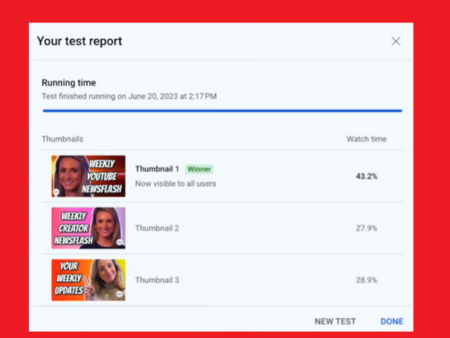Smm panel
WhatsApp has launched a last ditch effort to get the UK Government to amend its proposed Online Safety Bill, with an open letter in which it explains that the proposed Bill would effectively ban messaging encryption, and could force Meta to restrict its offerings in the region.
The Online Safety Bill is designed to provide additional protections for younger users online, by implementing more stringent requirements, and penalties, for online platforms around underage use.
As part of this, the Bill also calls for mandatory oversight into all elements of user interactions, which WhatsApp says would ‘open the door to trying to force technology companies to break end-to-end encryption on private messaging services’.
Essentially, the UK Government is seeking to enable greater access by law enforcement to protect youngsters, but WhatsApp says that it cannot adhere to such requirements without getting rid of encryption.
Which has now prompted this latest move by WhatsApp, in order to apply public pressure on UK Parliament to re-consider.
As per WhatsApp:
“Around the world, businesses, individuals and governments face persistent threats from online fraud, scams and data theft. Malicious actors and hostile states routinely challenge the security of our critical infrastructure. End-to-end encryption is one of the strongest possible defenses against these threats, and as vital institutions become ever more dependent on internet technologies to conduct core operations, the stakes have never been higher.”
WhatsApp says that the Bill, as currently drafted, could break end-to-end encryption, even though that’s not the intention.
“The Bill provides no explicit protection for encryption, and if implemented as written, could empower OFCOM to try to force the proactive scanning of private messages on end-to-end encrypted communication services – nullifying the purpose of end-to-end encryption as a result and compromising the privacy of all users. In short, the Bill poses an unprecedented threat to the privacy, safety and security of every UK citizen and the people with whom they communicate around the world, while emboldening hostile governments who may seek to draft copy-cat laws.”
Early last month, WhatsApp warned that it could be forced out of the UK if the new regulations are implemented. And with Meta looking to expand end-to-end encryption to all its messaging platforms, that could mean that Facebook and Instagram would also need to re-assess their UK presence, as a result of this shift.
Twitter is also moving towards the implementation of full encryption for DMs, while various other platforms also utilize encrypted messaging.
As per WhatsApp’s assessment, all of these tools could be under threat, which could have a big impact on how they operate in the region.
The UK Government has long opposed messaging encryption, and Meta’s expanded encryption push. Last September, then UK Home Affairs Secretary Priti Patel called on Meta to reconsider its plans for expanded messaging encryption, as it could impede the ability of police to investigate and prevent child abuse. At the time, Patel labeled the shift to full encryption as ‘catastrophic’.
Other UK law enforcement and safety officials have echoed this, calling on the UK Government to implement new laws to stop Meta from effectively facilitating criminal activity by cloaking it behind an encryption wall.
But as WhatsApp notes, user privacy is increasingly becoming an expectation, with more people now turning to private, encrypted messaging to engage with friends freely.
“We don’t think any company, government or person should have the power to read your personal messages and we’ll continue to defend encryption technology. We’re proud to stand with other technology companies in our industry pushing back against the misguided parts of this law that would make people in the UK and around the world less safe.”
Will Meta pull out of the UK entirely as a result? That still seems like an extreme measure, but at the least, WhatsApp could be forced out of the market, before Meta considers its other messaging tools.
Ideally, a compromise can be met, but WhatsApp seems serious about its stance, which could lead to a definitive stand-off ahead of the Bill being enacted.
The Bill will be debated in the House of Lords before the next stage of its passage.













